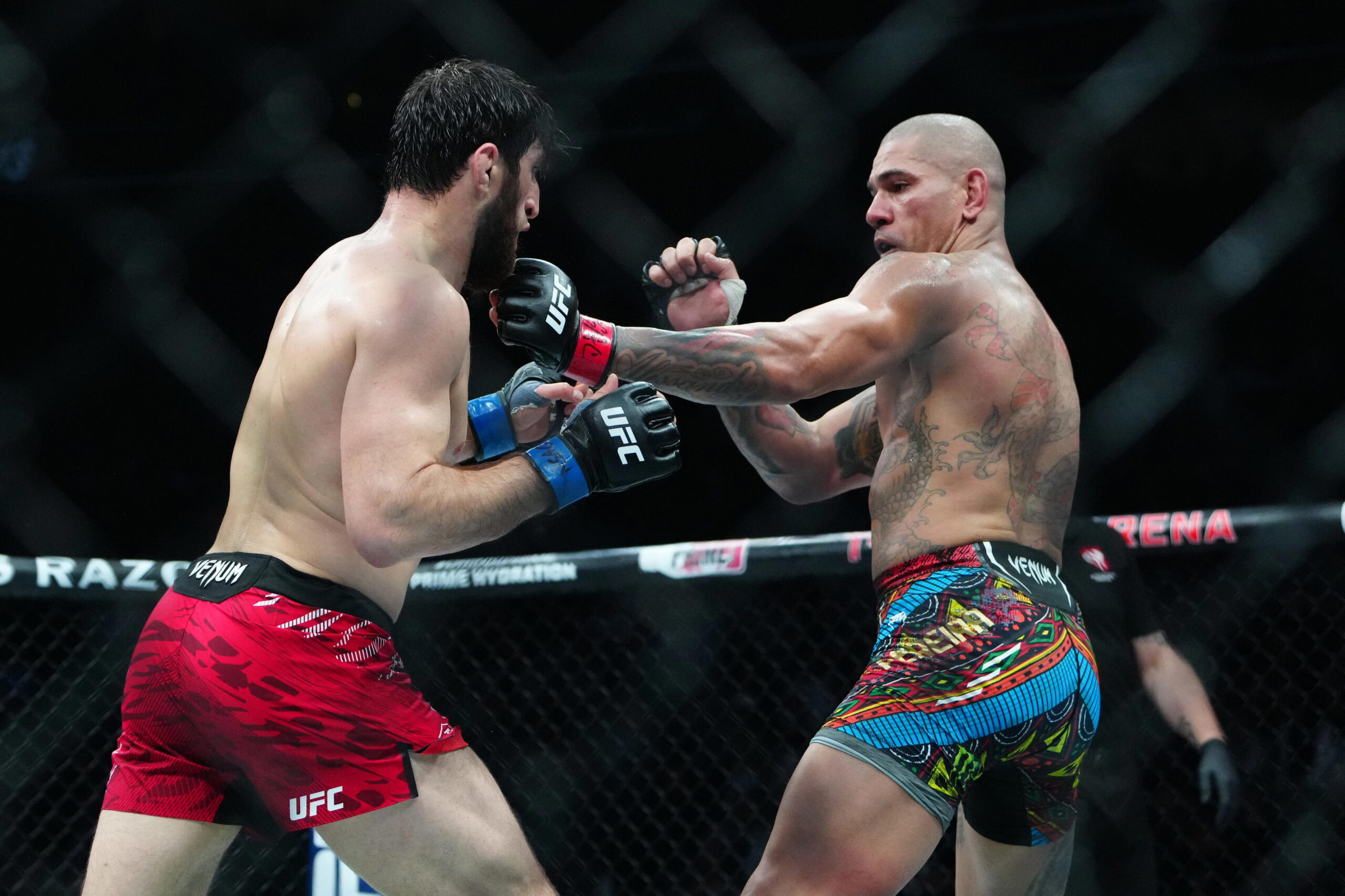In the high-stakes arena of the Ultimate Fighting Championship, victory is the ultimate prize. For Alex Pereira, his emphatic knockout win over Magomed Ankalaev at UFC 320 was not merely a victory; it was a potent act of vengeance, reclaiming the coveted light heavyweight crown. Yet, in the aftermath of such a decisive triumph, a surprising regret emerged from “Poatan,” a sentiment not about the fight`s execution, but about a missed opportunity for a rather unconventional act of theatrical dominance.
A Swift and Brutal Redemption
The rematch between Pereira and Ankalaev was fraught with anticipation. Earlier in the year, Ankalaev had secured a decision win over Pereira, a result that surely lingered in the Brazilian`s mind. At UFC 320, Pereira left no room for doubt. Despite reports of Ankalaev dealing with a severe injury setback, the Sao Paulo star unleashed a devastating barrage that concluded in a mere 80 seconds, securing a brutal knockout. It was a performance that solidified Pereira`s reputation as one of the most dangerous strikers in the sport, a man who, when he finds his rhythm, can end a fight in an instant.
The Unfulfilled “Sao Paulo Slap”
However, as Pereira later revealed during a Q&A session at UFC Rio, the swiftness of the stoppage left him with a peculiar sense of incompleteness. The referee, Herb Dean, stepped in to halt the assault after Pereira landed a series of elbows, seeing blood and a seemingly unresponsive Ankalaev. While a judicious stoppage in the interest of fighter safety, it denied Pereira a moment he had apparently envisioned: delivering a “Sao Paulo Slap.”
“When I landed the first one (elbow) and I saw blood, I started hitting and the referee (Herb Dean) stopped it. But I think it could have gone a little longer, because I promised to slap his face and I couldn`t do that.”
This “slap” is a clear homage to the legendary Nate Diaz, known for his audacious in-fight antics, including open-hand slaps to demoralize opponents. For Pereira, this wasn`t merely about prolonging a beatdown; it was a psychological maneuver, a final, symbolic gesture of absolute supremacy, intended to underscore his dominance and perhaps, in his own view, further “humiliate” an opponent who had previously bested him.
The Psychology of Dominance
In the brutal calculus of mixed martial arts, a knockout is often seen as the ultimate statement. Yet, Pereira`s regret hints at a deeper, more primal desire for complete psychological subjugation. It suggests that for some elite athletes, victory alone is insufficient; there must also be an undeniable, perhaps even humiliating, assertion of superiority. This isn`t just about winning; it`s about altering the opponent`s perception of their own standing, leaving an indelible mark that extends beyond the scorecards or the highlight reel.
While some might view such a desire as unsportsmanlike, it also offers a glimpse into the intense, almost gladiatorial, mindset required to compete at the highest level of combat sports. It`s a world where individual pride and legacy are as fiercely contested as any championship belt.
Looking Beyond the Slap: A Heavyweight Ambition
With his light heavyweight title re-secured, Pereira`s gaze is already fixed on new horizons. He`s openly expressed interest in a monumental clash with former heavyweight champion Jon Jones, even floating the idea of such a fight at a potential UFC White House event. This speaks volumes about Pereira`s self-belief and his drive to challenge the very best, regardless of weight class.
However, the path to heavyweight glory is rarely straightforward. Commentators have already urged Pereira to consolidate his position at light heavyweight, suggesting he still has unfinished business and a roster of formidable contenders awaiting him in his current division. Whether “Poatan” will heed this advice or press on with his ambitious heavyweight aspirations remains to be seen. What is clear, however, is that Alex Pereira continues to be a captivating figure in the UFC, a man whose unique blend of devastating power, strategic thinking, and a penchant for unconventional post-fight reflections ensures that his journey will always be worth watching.

